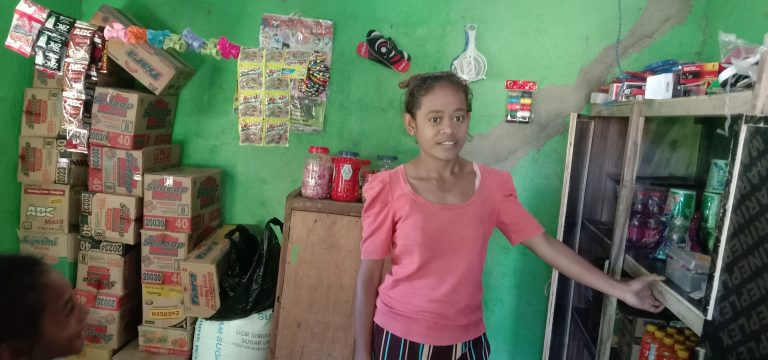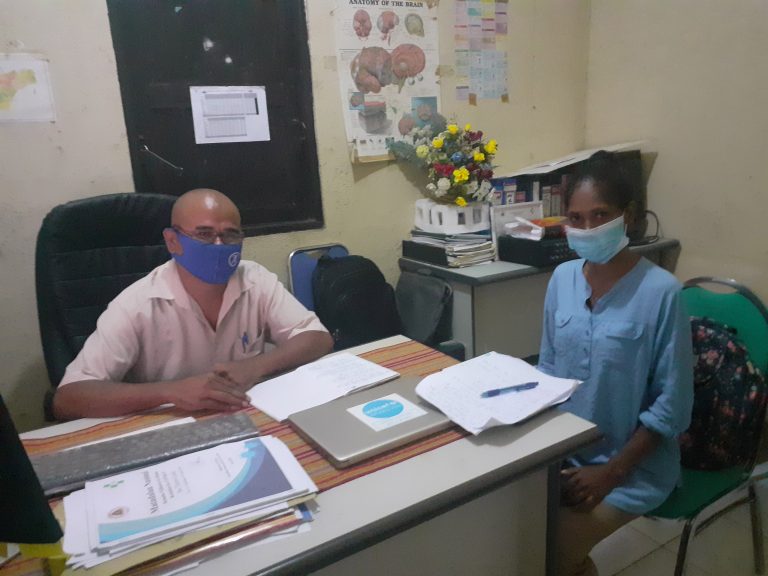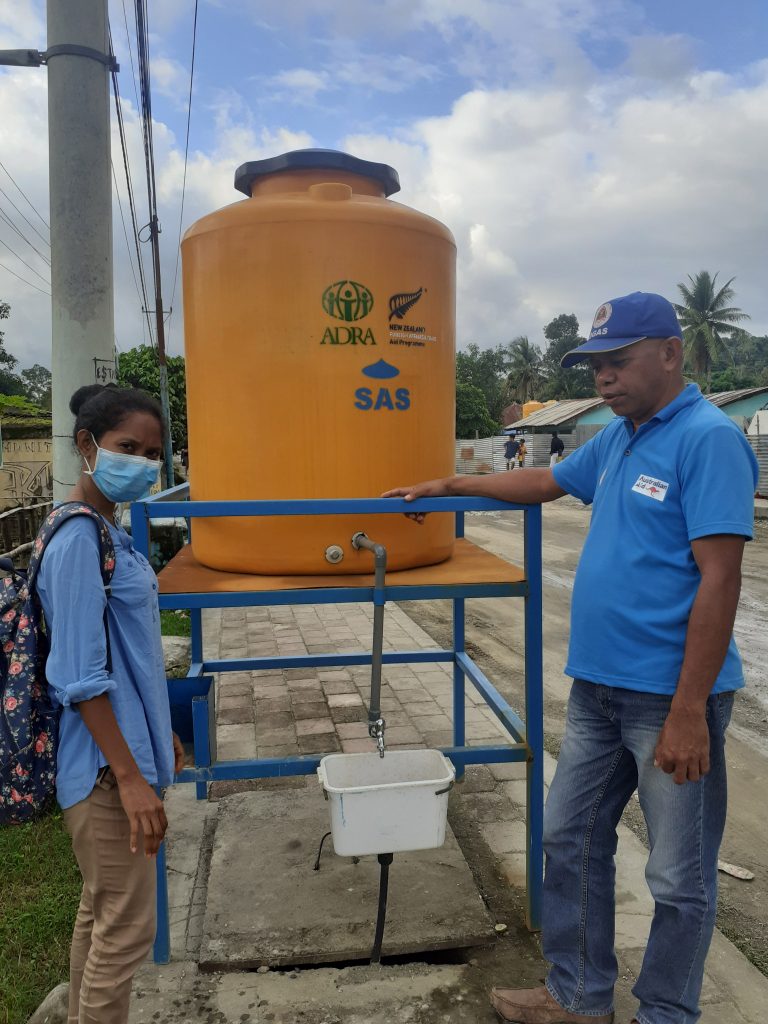COVID-19
BACKGROUND & OVERVIEW
The Coronavirus Disease, commonly known as COVID-19, was first detected in Wuhan Province, China. An infectious pneumonia like disease, China reported its first cases to the World Health Organisation (WHO) on the 31 December 2019. By 30 January 2020, it was declared a Public Health Emergency of International Concern as it began to spread to new countries, the first being Thailand, through international travel.
As the number of positive cases increased, WHO declared COVID-19 a pandemic on 11 March 2020. While cases have slowed down in China, other countries are considered new epicentres for the virus including the United States of America and Europe.
The COVID-19 virus is spread primarily through droplets of saliva or discharge from the nose when an infected person coughs or sneezes. Majority of people infected with COVID-19 will experience mild to moderate respiratory illness and will recover without requiring special treatment. The elderly or those with underlying health conditions such as cardiovascular disease, diabetes, chronic respiratory disease or cancer, are more likely to develop serious illness.
At this time, there are no specific vaccines or treatments. There are however, many ongoing clinical trials around the world to evaluate potential treatments.
Women in particular feel the effects of entering a marketplace previously closed to them, providing dependable income, self-reliance, and even safety, to them and their children.
Did you Know?
The best way to prevent and slow down transmission is to be well informed about the COVID-19 virus, the disease it causes, and how it spreads. Protect yourself and others from infection by implementing these few steps:
Wash your hands regularly with soap and water, or clean them with alcohol based hand rub or sanitiser
Maintain at least a 1 metre distance between you and anyone coughing or sneezing
Avoid touching your face, especially including your eyes, nose and mouth
Cover your mouth and nose when coughing or sneezing with a tissue to dispose or your elbow
Stay at home if you are feeling unwell
Practice physical distancing by avoiding unnecessary travel and staying away from large groups of people
VIDEOS
OUR RESPONSE
ADRA Timor-Leste has been responding to the COVID-19 Pandemic through the sectors of WASH, Livelihoods and Health. Our activities have primarily revolved around distributions of hygiene supplies, cash and economic items, awareness raising and trainings.
Here are the ways we have been providing support and relief to vulnerable communities:
4,225
Households receive Hygiene Promotion
2
Community Health Centres provided with Water access
2,590
Households provided with Vegetable & Legume Seeds
7
Public Hand Washing facilities constructed
438
Posters with WHO messaging & Tippy Tap’s with construction instructions distrubuted
47
Community Health Centres provided with cleaning and hygiene materials
38
Savings & Loans groups receive hygiene promotion training
1,650
Households receive seeds, tubers, and fish fingerlings
1,000
Beneficiaries receive business planning for new products
38
Savings & Loans groups receive $500
60
Product packaging equipment distributed
1
Marketing information system developed
NEWS

COVID-19 Livelihood Resilience: Emelita’s Kiosk
Since 2017, Emelita has run a small kiosk from her home, which sells basic goods like instant noodles, oil, salt, coffee, tea, and sugar. Recently, Emelita fell sick…

COVID-19 Distribution in Viqueque
Up to now, we are greatful that we do not have any COVID-19 suspect in Viqueque. ADRA, as well as some other NGOs, have shared information about preventing COVID-19 at the suco and aldeia levels.

COVID-19 Response in Viqueque
I would like to give my appreciation to the New Zealand Embassy and ADRA Timor-Leste for supporting us in preventing the spread of COVID-19 in Viqueque.

